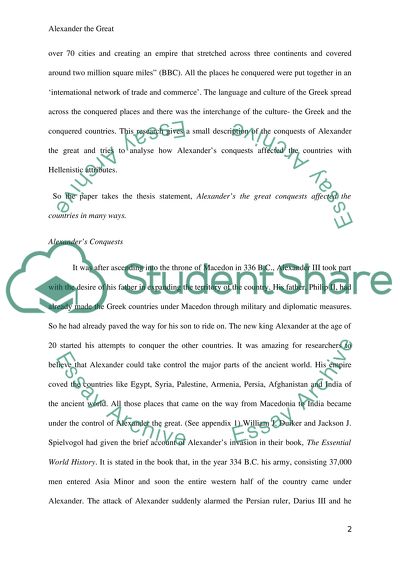Cite this document
(“Alexander the Great Research Paper Example | Topics and Well Written Essays - 2250 words”, n.d.)
Retrieved from https://studentshare.org/history/1423017-how-alexander-the-great-conquest-affected-all-the
Retrieved from https://studentshare.org/history/1423017-how-alexander-the-great-conquest-affected-all-the
(Alexander the Great Research Paper Example | Topics and Well Written Essays - 2250 Words)
https://studentshare.org/history/1423017-how-alexander-the-great-conquest-affected-all-the.
https://studentshare.org/history/1423017-how-alexander-the-great-conquest-affected-all-the.
“Alexander the Great Research Paper Example | Topics and Well Written Essays - 2250 Words”, n.d. https://studentshare.org/history/1423017-how-alexander-the-great-conquest-affected-all-the.


